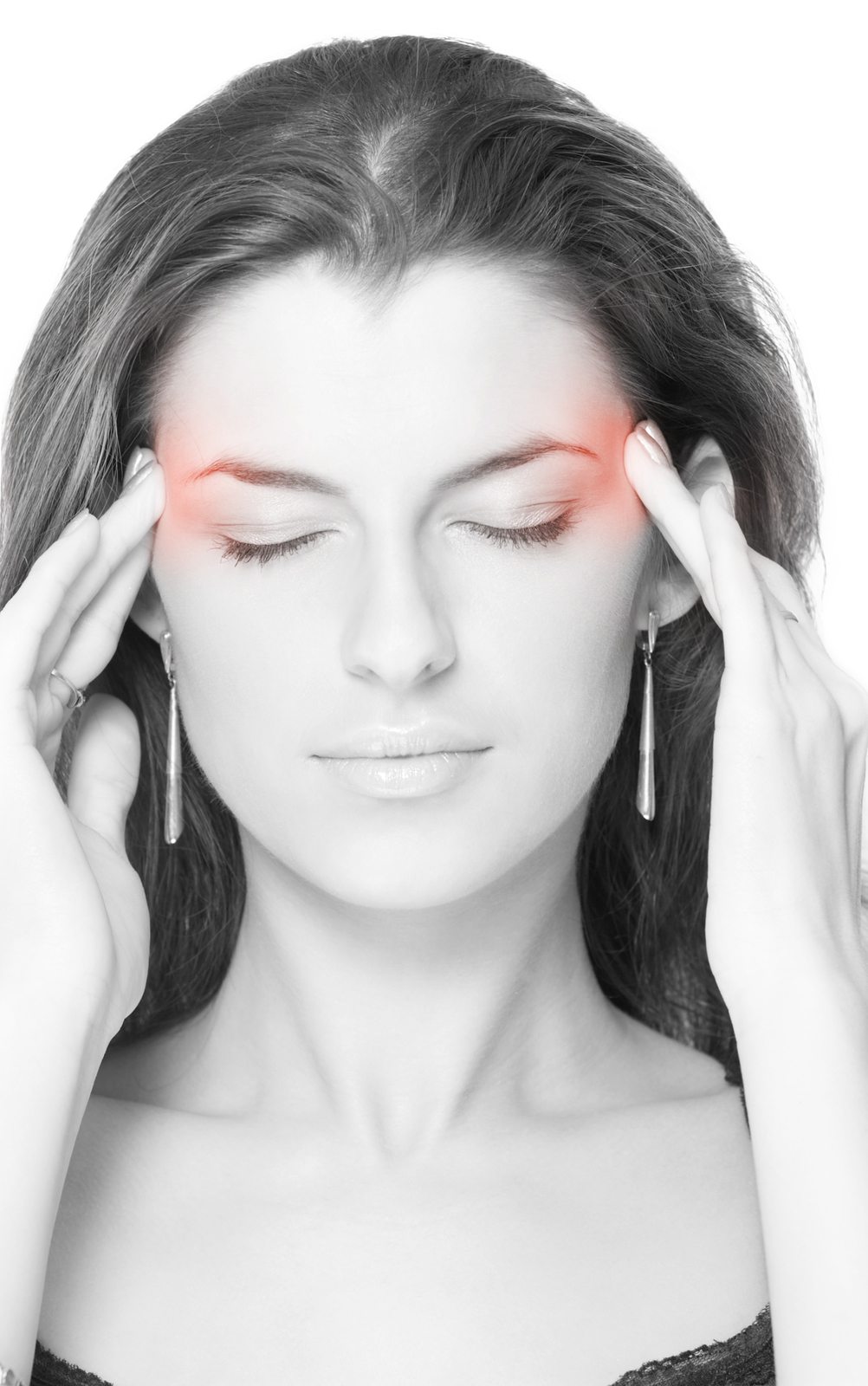Physica Headache Clinic
Physica clinics have staff with additional post graduate skills in the management and treatment of headaches. This service assists our patients in cervicogenic headache management but also offers professional development to other clinicians in the assessment and treatment of Musculoskeletal headaches. Staff working in this area work alongside GPs and neurologists who share expertise in this region.
Headache is considered to be pain in the head which can extend from the skull into the side, front or top of the head. 15-20 % of all chronic and recurrent headaches are attributed to problems in the upper three joints in the neck.
“we understand the impact that headaches can have on your quality of life”
Assessment
This is a critical step to understanding whether you have a musculoskeletal cause to your headaches. Our team will undertake and extensive assessment of your neck, jaw and surrounding msucles.
Treatment
Depending on asessment findings we wiill use a vast array of treatment technques to correct underlying structural or biomechanical issues.
Management
In manay cases this is the crucial step. We will help you to better manage your condition to ensure prevention and headache minimisation into the future.
Common headache types include cervicogenic headache (neck origin), tension type headache and migraine. Research has shown that Physiotherapists can accurately diagnose a cervicogenic headache with specific assessment procedures. Further, physiotherapy has been shown to be successful in treating cervicogenic headache patients.
A cervicogenic headache is classically a sidelocked headache that starts with neck pain and stiffness, pain is then referred to the back ,side or front of the head. These headaches are commonly accompanied by restricted neck movement and patients often describes other symptoms such as blurred vision, nausea and light sensitivity.
Tension type headaches are commonly related to muscular tension and are sometimes called ‘stress’ headaches. Pain is often bilateral (both sides) at the back of the head and can refer to the front of the head. There may be associated shoulder pain or stiffness in these patients.
Migraine is a severe headache normally on one side of the head associated with nausea, vomiting and auras (visual disturbance eg. Flickering). These patients when having an episode avoid normal daily activities and often need rest to recover. There is a strong genetic link with migraine sufferers and medication can be helpful in managing symptoms.
Common causes of headaches includes; dysfunction in the upper three joints of the neck, poor posture, cervical spine muscle weakness, trauma such as whiplash or serious pathology which may require medical involvement. Other risk factors include; stress, hormonal factors and diet.
Your Physica Headache practitioner will take a detailed history to establish the severity, intensity and frequency of your headaches to determine the possible contributing factors. A thorough examination will be performed to identify the specific musculoskeletal impairments (restricted movement, muscle weakness, postural contributions) causing your headache and a management plan will be devised and implemented. Best results consist of a combination of manual therapy and specific exercises for cervicogenic headaches. We will work closely with your G.P and, if required, neurologist to return you to good health.
-
Do you have questions?
Our team are more than happy to answer questions as to your suitability for this method of treatment. Please contact us.
-
Organise an assessment
Initial headache examinations require 40minute sessions. Please contact your local Physica clinic to organise a time.

The key to successful treatment is identifying the underlying driving mechanism. In cervicogenic headache the mechanism is via the trigeminocervical nucleus (TCN) (a specific part of the brainstem) which acts as a relay zone for input from the neck and the head up to the brain. We know that patients with migraine and tension type headache have a sensitised TCN which predisposes them to headaches.
